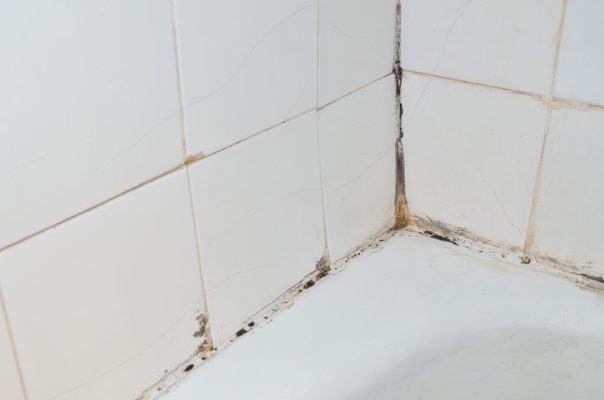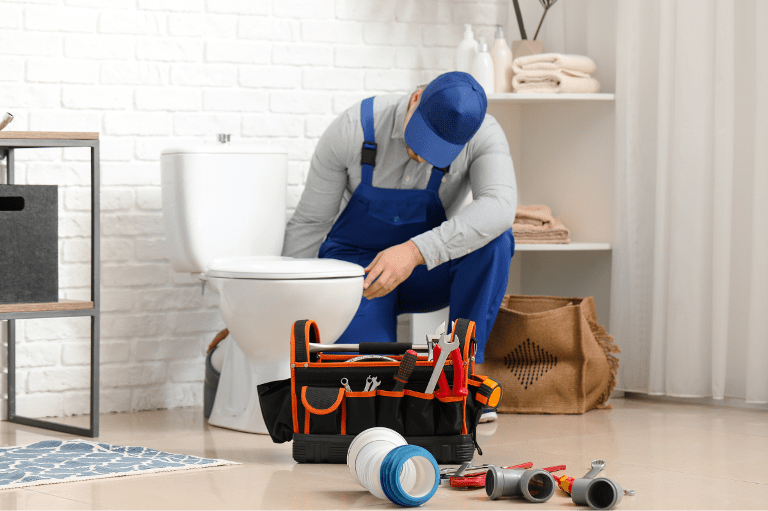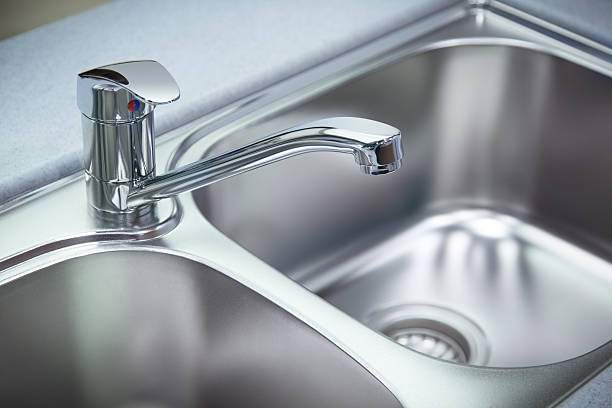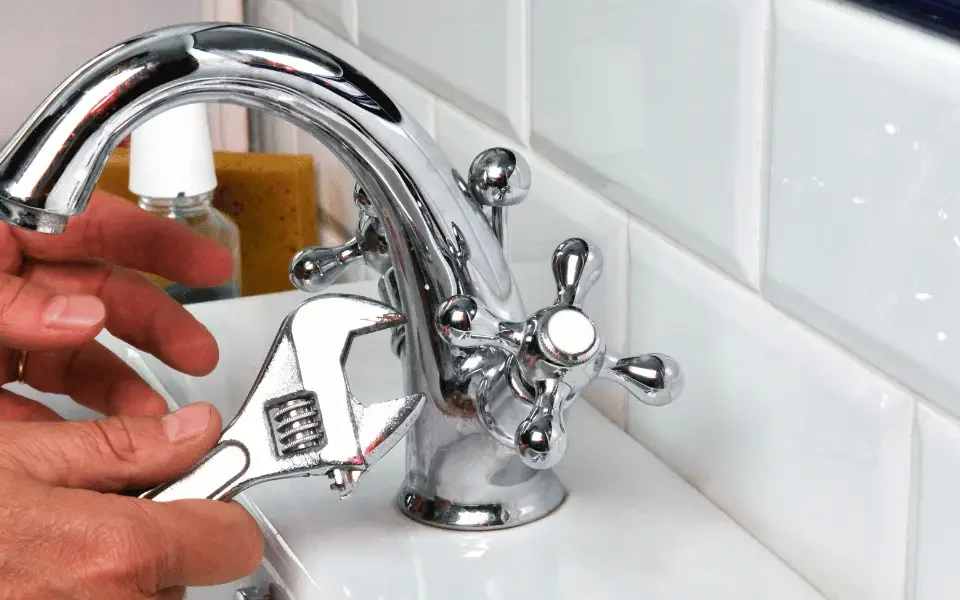
How To Get Rid of Mold in Bathrooms
August 17, 2022
10 Emergency Plumbing Tools All Homeowners Should Have on Hand
December 15, 2022The kitchen is the most important area in the house, and it is where we spend most of our time. We eat, drink, and relax in the kitchen and much more. Cleaning the kitchen sink often is very important because it will prevent bacteria from growing. If you don’t clean your sink regularly, you may get sick from eating food that has been washed in it or from touching it with dirty hands.
If you are looking for a plumber in NYC, look no further. We are the best plumbing company in New York City. Our team of skilled plumbers will be able to handle any job big or small.
So how often does one need to clean a kitchen sink? Here’s what experts recommend:
How Often Should You Clean Your Kitchen Sink?
The frequency of sink cleaning depends on how often you use it. In general, thorough cleaning once a week is sufficient for most kitchens. If you are particularly messy or do not want to deal with the smell of food particles decaying in your sink, then you should clean it more regularly.
However, if your kitchen is relatively clean, minimal maintenance every other day may suffice for some people.
How to Thoroughly Clean Your Kitchen Sink
The first step while cleaning your kitchen sink is to put on some rubber gloves, so you don’t get dirty. Next, fill hot water and a little dish soap in the sink. Let it sit for a few minutes so that all the gunk will come off quickly when you start scrubbing!
While waiting for the solution to work its magic, use a fresh sponge or plastic scrubbing pad to wipe away any stuck-on food particles. Don’t forget to clean in between each crevice of your faucet—it’s easy to forget how many nooks and crannies there can be!
Take a toothbrush or other small brush with stiff bristles and some soap suds on it, and go around every corner inside your drain hole. This step is crucial if you want everything to look clean at last! Make sure not to miss any spots! After giving everything an extra scrubbing session with both brushes, Drop them into hot soapy water before rinsing under cold tap water until all traces evaporate completely.
Also, you can use natural ingredients to keep your kitchen sink clean, such as baking soda and vinegar or lemon juice.
How Do You Sanitize Your Sink?
After you’ve washed and rinsed the sink, you need to sanitize it. The most appropriate way to sanitize is with bleach. Bleach will kill any remaining germs or bacteria clinging to your sink’s interior surface after your cleaning session.
When using bleach in the kitchen, be sure not to get any on yourself or anything else in the room—the fumes can be a real danger if you aren’t careful about how much gets into your system! Also, be careful not to splash bleach onto other surfaces since it will kill anything living there.
Mix your water with bleach using a 1:1 ratio. Put your mixture into a spray bottle if possible; otherwise, pour some over the areas you want to be sanitized. Use an old rag for scrubbing away any dirt and grime left over after washing out all that soap suds from earlier steps here (if applicable). You should rinse everything once done so as not to leave any dangerous chemicals which might leach back out later when someone uses another utensil again later down the road—or worse yet, end up contaminating food while cooking next time around!
Why should you clean your kitchen regularly?
1. To prevent infections
You may think the kitchen is a safe place to eat, but the truth is that it is one of the messiest parts of your home. Messy kitchens constitute a significant source of food poisoning. This can happen by touching raw meat with your bare hands or preparing food without washing your hands properly. Food poisoning is likely to cause serious health problems and even death if left untreated.
2. To reduce the risk of fire
Kitchens are filled with flammable materials such as cooking oil and grease that can easily catch fire if an accidental spark or flame occurs. If you don’t clean your kitchen regularly, it could lead to fires that can destroy your home or even kill someone inside it!
3. To avoid dust accumulation
Many people ignore dust when cleaning their homes, but it should be addressed at least once a week to keep everything clean and healthy for everyone who lives there! Dust causes allergic reactions and irritates anyone with asthma or other breathing problems! It also carries bacteria which leads us to our next point…
4. To avoid bacterial growth
This is a great start to cleaning your sink. There are a few more things that you can do to keep it clean and looking good. You can also use vinegar or lemon juice to clean it since they have antibacterial properties that will help prevent the growth of germs in your sink.
5. To prevent the spread of germs
Germs and bacteria can spread easily on surfaces like countertops and sinks due to their exposure to food and water. They can cause diseases like diarrhea, flu, and even pneumonia if not adequately managed. Cleaning your kitchen regularly will help you eliminate these germs and prevent them from spreading further in your home.
6. To avoid food poisoning
Food poisoning is caused due to bad hygiene while handling food items like raw meat, and poultry which can cause serious health issues if not taken care of properly. By keeping your kitchen clean, you can evade food poisoning by preventing these germs from spreading further in your home.
Conclusion
Cleaning your kitchen sink often is a must. It’s one of the most used in your kitchen, so it’s bound to get dirty. To clean your kitchen sink, you first need to remove any food debris accumulated on the surface. You can use a fresh sponge or rag to wipe away the food scraps, but don’t use harsh chemicals or abrasive cleaners. You can also use water and soap to keep the sink clean and try to wipe as much liquid as possible. Our plumbing services New York City are available to both residential and commercial customers. follow us on Instagram



